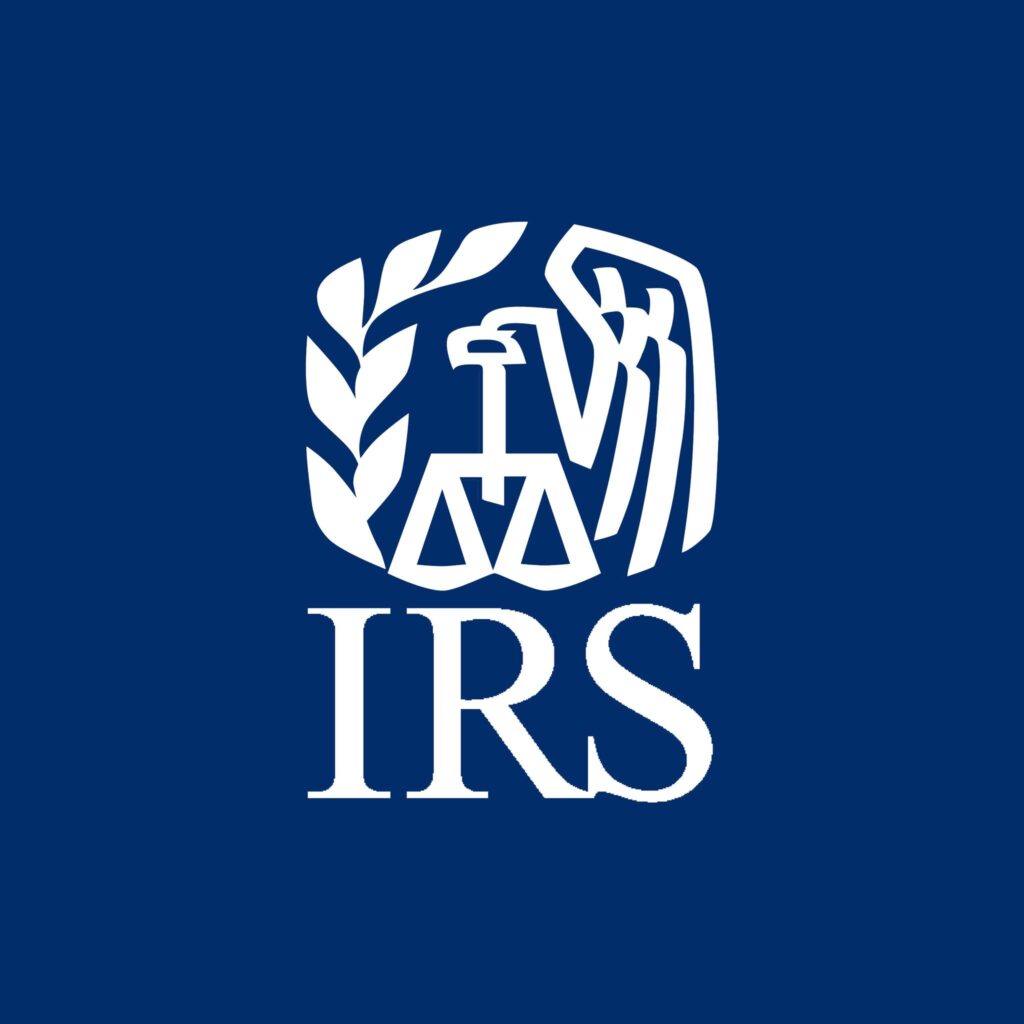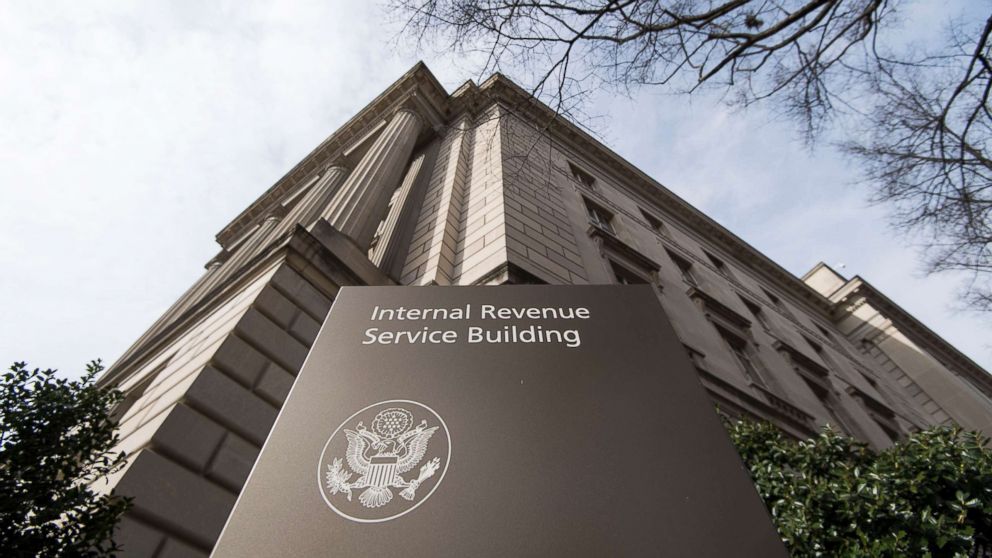Blockchain technology has inevitably faced scrutiny from centralized bodies ever since the birth of Bitcoin back in 2008. And in the months and years preceding the infamous 2021 bull run, we can expect (and have already experienced) such pressure mounting to new and highly-persistent heights.
For those up to date with centralized investigations into the world of Web3, you’ll know that the U.S. Securities and Exchange Commission (SEC) have been the most notorious entity to lead such charge, as over the past year or so, the likes of Ripple, Dapper Labs’ NBA Top Shot, and the Yuga Labs NFT empire (and more) have all faced the wrath of Gary Gensler and his fellow Washington colleagues.
However, per an announcement today (Tuesday March 2023), the U.S. Treasury Department and Internal Revenue Service (IRS) is now seeking guidance over whether NFTs should be treated as ‘collectibles’ under tax laws.

Here, the IRS’s new interest in the nature of NFTs comes after the term was added to its tax guidance wording last year (Form 1040 to be exact). To do so- and to ensure NFTs could be included on tax forms- the term ‘virtual currencies’ (which relates to cryptocurrencies) was broadened to ‘digital assets’.
The Announcement
The announcement — which is entitled ‘IRS issues guidance, seeks comments on non-fungible tokens’ — states that the IRS is “soliciting feedback for upcoming guidance regarding the tax treatment of a non-fungible token (NFT) as a collectible under the tax law.”
After first outlining what an NFT actually is, the announcement then goes on to mention the ‘Section 408(m)’ tax code, and how, in theory, it may be applicable to NFTs. Thus far, said tax code classifies ‘collectibles’ as anything under the remit of works of art, rugs or antiques, metals, gems, stamps, coins, alcoholic beverages, or any other (specified) tangible personal property.

What the announcement essentially means is that the IRS is interested in the prospect of adding NFTs to this list of ‘collectible’ assets, despite the fact that Section 408(m)(3) currently specifies that “certain coins and bullion are excluded from the definition of collectible.”
The Potential Impact on the Non-Fungible Community
Of course, what’s of interest to the non-fungible community here is the potential practical implications that they may face. In short, if NFTs are to be classed as ‘collectibles’ under the ‘Section 408(m)’ tax code, they’ll face new repercussions which relate to capital gains.
More specifically, the law states that the sale or exchange of a collectible that’s a capital asset held for over a year is “subject to a maximum 28% capital gains tax rate.” On the flip side, if not classified as a ‘collectible,’ NFTs will likely be subject to a lower capital gains tax rate.
So now begs the question, are NFTs ‘collectibles’? Per the description from the IRS, the answer will be yes if it’s deemed that an NFT represents ownership of something that already classifies as a collectible.
To add some further transparency to this rather vague description, the IRS included an example of how this could be possible. Here it states that “for example, a gem is a collectible under section 408(m); therefore, an NFT that certifies ownership of a gem is a collectible.”
Logically, what this essentially means that some — but not all — NFTs could be classified as ‘collectibles’ in the future. For example, NFTs which offer exclusive access to metaverse or IRL events may not necessarily entail any ‘collectible’ elements.
The IRS Wants You
With a whole host of technical jargon in play, the IRS’s announcement is essentially a plea for guidance from the public (i.e., experts we assume). Of course, the ultimate goal here is to gain a better understanding of how to classify NFTs for tax purposes, however, to get to such point, the IRS needs feedback on multiple topics of discourse.

These topics include whether the notice (even) classifies NFTs correctly, if its analysis of NFTs- in certain cases- being classified as collectibles makes sense, what burdens ‘collectible’ NFT owners may face, and what factors could improve the classification process.
Here, the public has until June 19th, 2023, to submit comments. They can do so electronically via the Federal eRulemaking Portal, or by mail (to be sent to the IRS’s Ben Franklin location in Washington D.C.). Here, all submissions must include a ‘Notice 2023-27’ reference.
Moving forwards, it will be interesting to see who decides to participate in the IRS’s guidance scheme, as many will quite likely be acting on behalf of their own personal NFT-related interests.
Be it NFT Whales, projects, or general non-fungible enthusiasts, there will be many representing the anti-regulation cause, however with Web3’s disruptive nature, there will also be many looking to clamp down on the new era of decentralised digital ownership.




